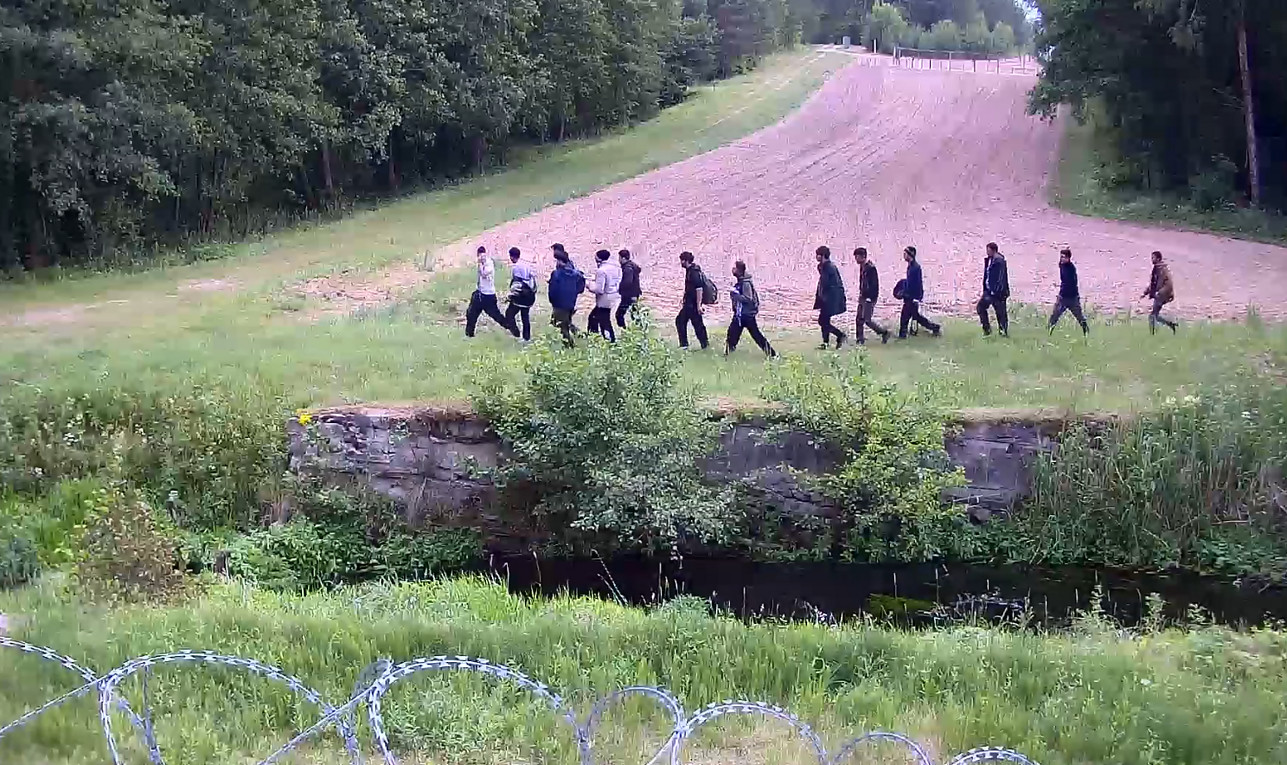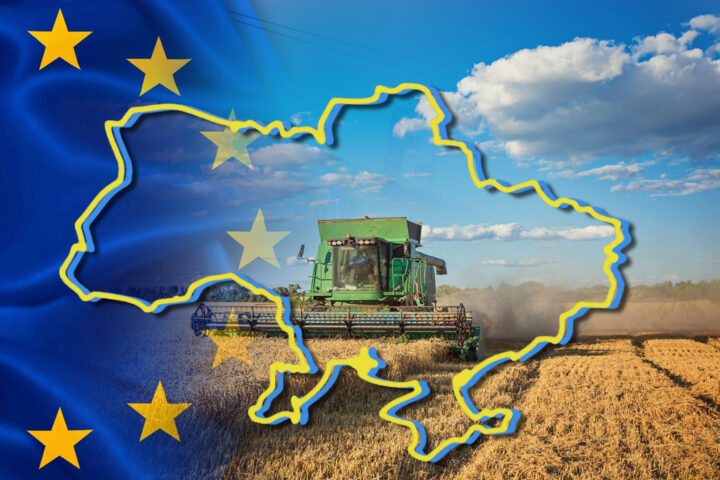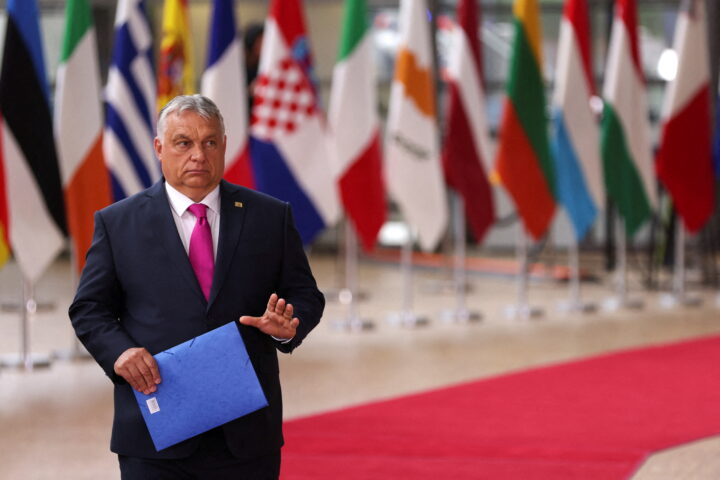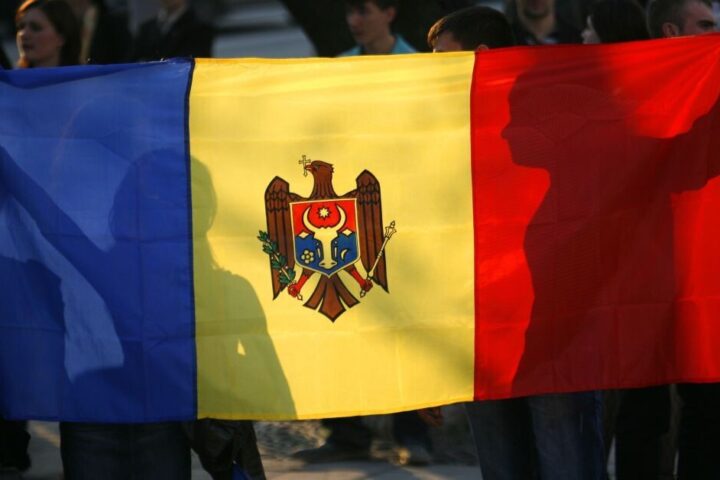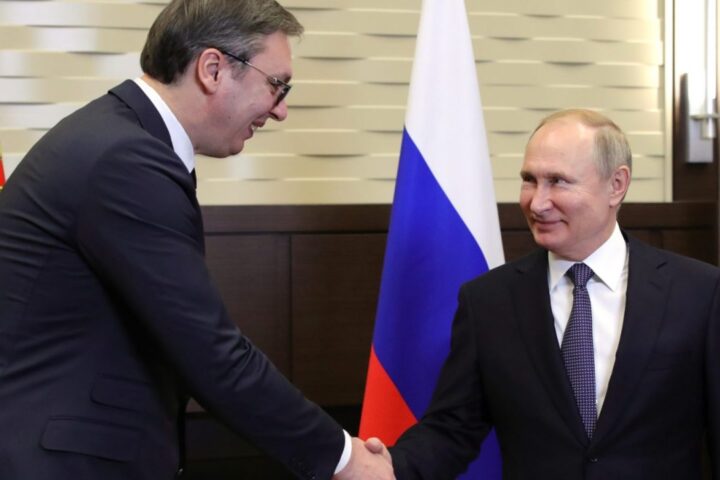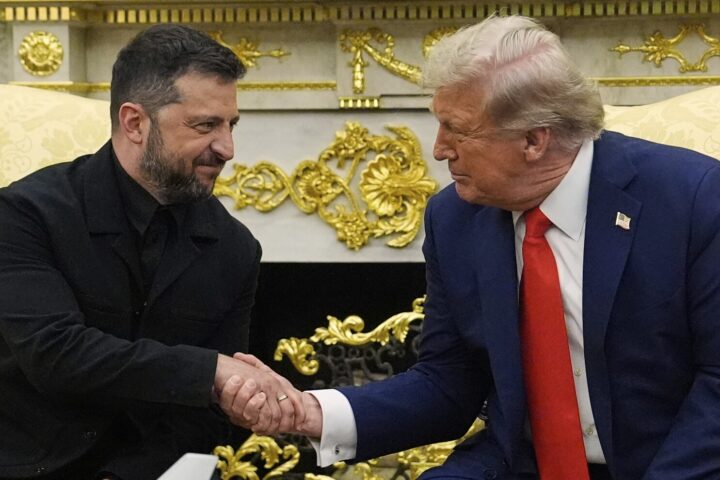Lithuania’s State Border Guard Service (SBGS) reported a record 55 attempted illegal crossings from Belarus on September 3, marking the highest daily number this year. According to Delfi, the last comparable figure was recorded in April 2023.
Groups intercepted and border security measures
SBGS spokesman Giedrius Mišutis said four groups of migrants tried to enter Lithuania, with 38 individuals stopped in the Varėna and Lazdijai districts. Another group was detained in Ignalina district the same evening. After individual checks, the migrants were returned to Belarus. Mišutis emphasized that border protection has been reinforced since the start of Russia’s invasion of Ukraine and is intensified further during large-scale military drills such as “Zapad,” with additional surveillance, patrols and support from national defense units.
EU concerns and Belarus’ role
The European Border and Coast Guard Agency, Frontex, has identified Belarus as a major factor in illegal migration pressure this year, with 5,000 unlawful crossings registered along the EU’s eastern frontier in the first seven months of 2025. Lithuania, Latvia and Poland previously faced a migration crisis in 2021, when Middle Eastern migrants were transported to Minsk by a state-run travel company and then brought to the border. Border services at the time accused Belarusian authorities of orchestrating the flows.
Hybrid warfare and political leverage
Analysts note that Belarus and Russia use migration pressure as part of a wider hybrid warfare strategy, combining artificial migration crises with cyberattacks, disinformation campaigns and energy blackmail. For Minsk, escalating pressure on Lithuania and Poland is an attempt to raise the stakes with the West and push for the lifting of sanctions imposed over rigged elections and repression of the opposition. For Moscow, fuelling migration challenges serves to destabilize the EU internally, strain its resources and strengthen radical political forces calling for tougher migration controls.
Risks for EU unity and regional stability
The Kremlin aims to portray the EU as fragmented and unable to protect its borders, while a new migration crisis could further test social and political stability in frontline states. This may also distract public attention from Russia’s war against Ukraine. In response, Lithuania and its neighbors have reinforced border security and pursued international legal measures. In spring 2025, Lithuania filed a case at the International Court of Justice, accusing Belarus of provoking a migration crisis in violation of international law. Renewed migrant flows could bolster Lithuania’s position in the proceedings.
